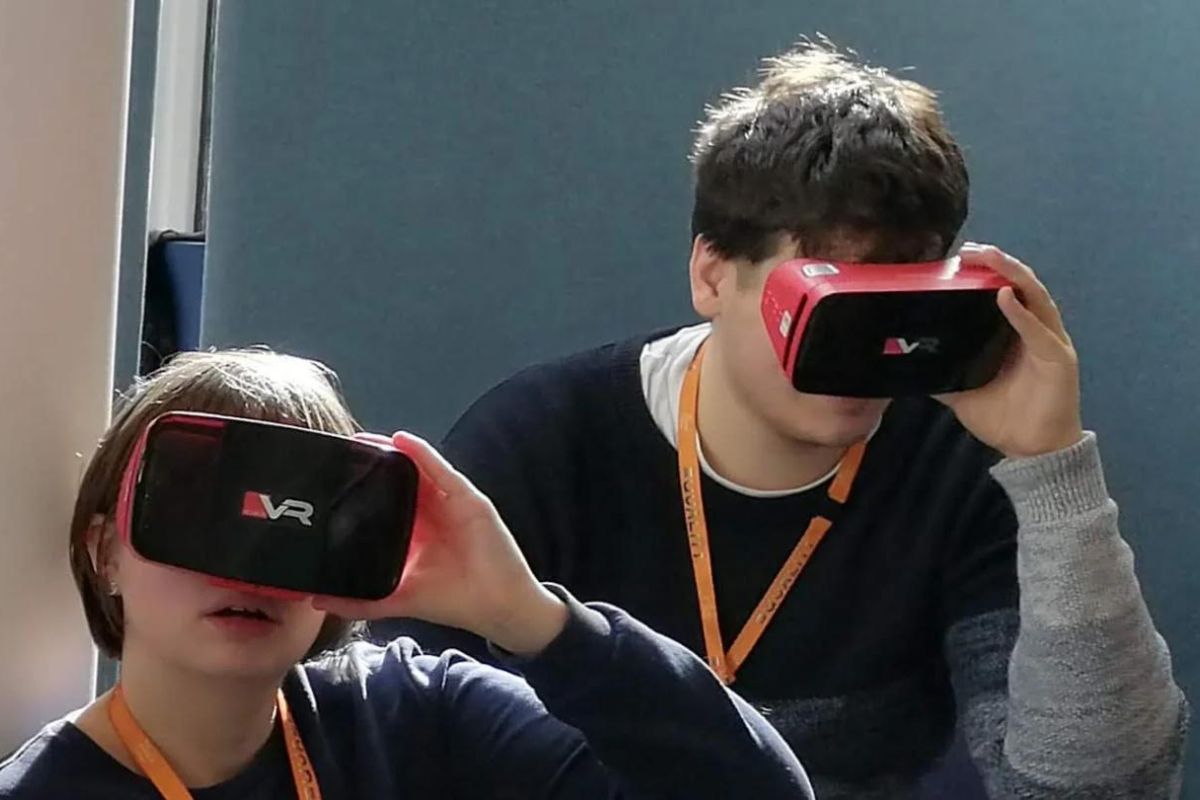Martin Hamilton presents to MPs on education’s role in Industry 4.0 #Edu4_0

Digital capabilities and infrastructure in schools, colleges and universities must be improved to prepare people for the fourth industrial revolution, a committee of backbench MPs heard this week.
Martin Hamilton was invited to appear as a witness at the education select committee’s meeting about the fourth industrial revolution – dubbed Industry 4.0. He told MPs that the UK faces a “dual challenge” as the UK approaches this technological revolution.
“How do we prepare our learners for these near-future careers and near-future industries?”, he asked. “Also, how do we reinvent what it means to be a college and what it means to be a university?”
Martin answered questions on evidence Jisc had submitted in advance to the committee about how the education sector could meet the challenges posed by the revolution in emerging technology such as artificial intelligence (AI).
Education 4.0
Jisc’s response to these innovations, which Jisc calls Education 4.0, envisages a UK education sector that is transformed by a digital-first strategy that embraces technologies, including AI and augmented reality, which will play a critical role in future jobs.
Martin was keen to emphasise the importance of basic skills, telling MPs that the failure of one third of key stage two students to meet the expected standards of numeracy and literacy was “an enormous problem” in relation to their preparation for tomorrow’s workplace.
He said: “How can those people go on to successful careers in an increasingly digitised world if we can’t get numeracy and literacy right?”
Martin added that, despite the success of the Department for Culture Media and Sport’s Local Full Fibre Network (LFFN) programme in improving connectivity to poorly-served schools, many still don’t have the hardware to take advantage of these super-fast connections.
Eight-year-old PCs
“BESA, the British Educational Suppliers Association, does an annual survey which showed that two thirds of secondaries and two fifths of primaries claim to have ‘inadequate infrastructure’. I hear about eight-year-old PCs, I even heard on social media from a college which is using 10-year-old PCs. So there’s a lot that we could do even just with a one-off capital injection to say let’s get everyone on a level playing field.”
The committee also heard Martin and other witnesses, including Nottingham Trent University’s Professor David Brown, Priya Lakhani of CENTURY Tech and Vinous Ali of Tech UK, describe the difficulties of introducing new technologies to teaching staff, who need time and support to develop digital skills for teaching.
Martin suggested that teachers needed a deeper understanding of emerging technologies and cited the Welsh government’s digital competency framework for learners and its efforts to embed digital skills into the curriculum for teacher training, while Scotland was also improving digital teaching and learning throught its Digital Learning and Teaching Strategy. “It pains me to say this, but there is perhaps an ‘English gap’ and we can learn in England from the devolved institutions,” said Martin.
Informal conversations
Martin added that peer learning, particularly in the form of informal conversations, was helpful for training purposes and welcomed the emergence of Edtech Impact, a Trip Advisor-style platform to research and assess new technologies for education.
Asked by committee chair Robert Halfon MP to respond to comments by Professor Sir Anthony Seldon at a previous committee meeting, witnesses also discussed the slow take-up of AI and machine learning in schools.
But Martin insisted that there is more AI already in use “than people currently realise”, citing Jisc’s learning analytics service, which red-flags disengaged students at risk of dropping out and, therefore, helps educators make timely interventions.
Martin also pointed out that the Welsh government, which recognises the importance of this technology, has funded the serice for all learners at Welsh universities. “The example of Learning Analytics Cymru is that we can do quite a lot if we act in a concerted way and there are, maybe, parallels that can be drawn elsewhere in the UK.”












Responses